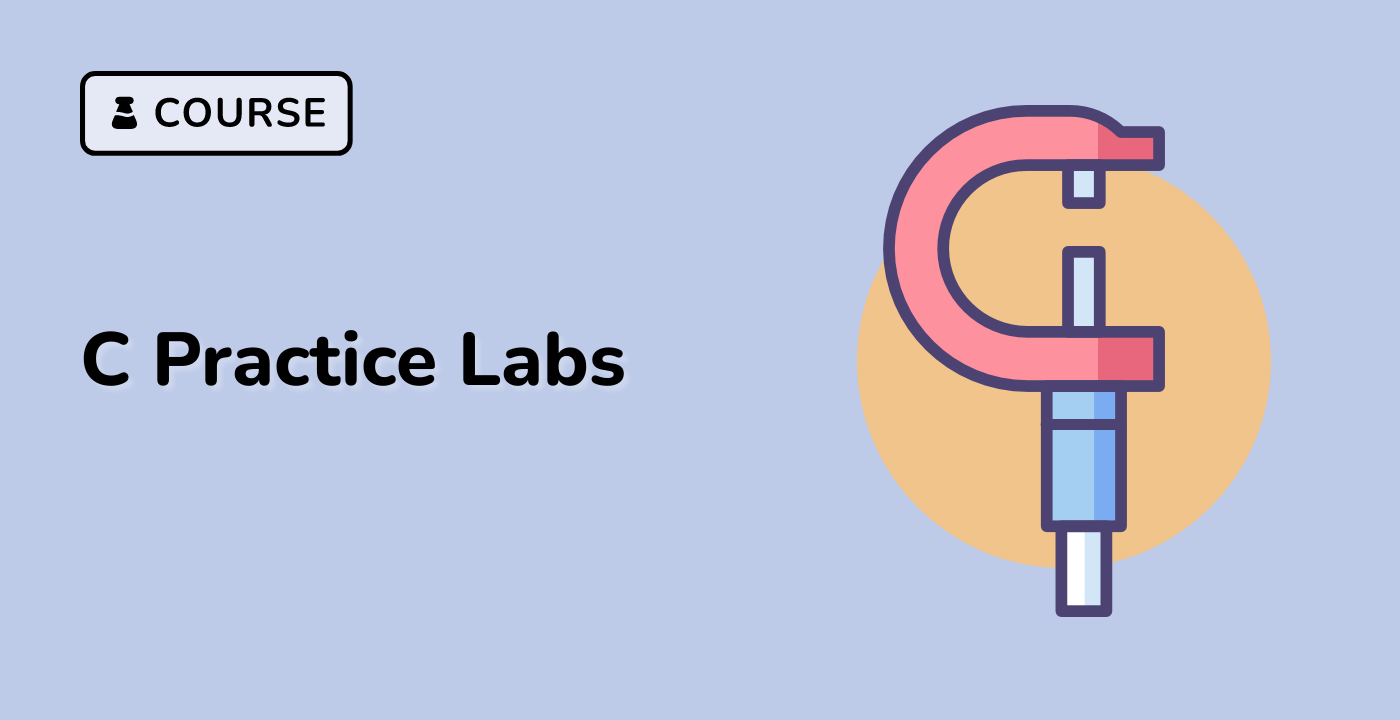Resolving Issues
Systematic Linking Problem Resolution
Resolution Strategy
graph TD
A[Identify Error] --> B[Analyze Root Cause]
B --> C[Select Appropriate Solution]
C --> D[Implement Fix]
D --> E[Verify Resolution]
Undefined Reference Solutions
Technique 1: Implement Missing Functions
// Correct implementation
int calculate(int a, int b) {
return a + b;
}
// math.h
#ifndef MATH_H
#define MATH_H
int calculate(int a, int b);
#endif
Library Linking Strategies
Static Library Linking
## Create static library
gcc -c math.c
ar rcs libmath.a math.o
## Link with static library
gcc main.c -L. -lmath -o program
Dynamic Library Linking
## Create shared library
gcc -shared -fPIC -o libmath.so math.c
## Link with dynamic library
gcc main.c -L. -lmath -o program
Dependency Management
| Approach |
Pros |
Cons |
| Static Linking |
Complete dependency |
Larger executable |
| Dynamic Linking |
Smaller size |
Runtime dependencies |
| pkg-config |
Automatic detection |
Complex setup |
Advanced Resolution Techniques
Symbol Visibility Control
// Use function attributes
__attribute__((visibility("default")))
int public_function(void) {
return 0;
}
Linker Flags
## Verbose linking
gcc -v main.c -o program
## Add library search path
gcc -L/custom/library/path main.c -lmylib
Common Resolution Patterns
graph LR
A[Undefined Reference] --> B[Add Implementation]
A --> C[Include Correct Headers]
A --> D[Link Required Libraries]
E[Multiple Definition] --> F[Use Static Inline]
E --> G[Declare Extern]
E --> H[Consolidate Definitions]
Debugging Compilation
Compilation Flags
## Comprehensive warning and error detection
gcc -Wall -Wextra -Werror main.c
Best Practices
- Always include header files
- Use forward declarations
- Manage library dependencies carefully
- Utilize compiler warnings
At LabEx, we emphasize systematic approach to resolving linking complexities in C programming.




